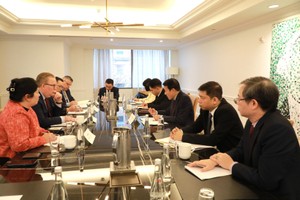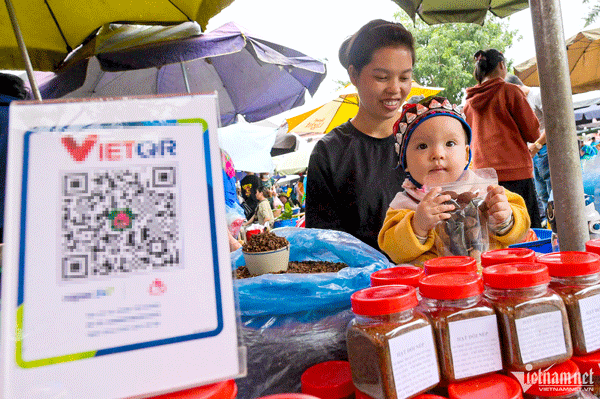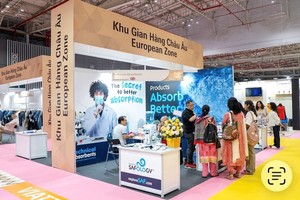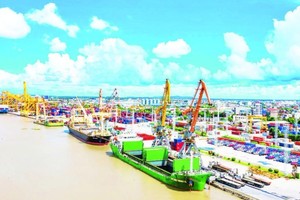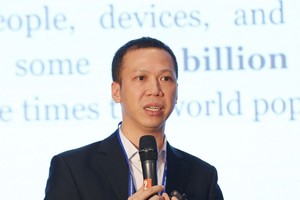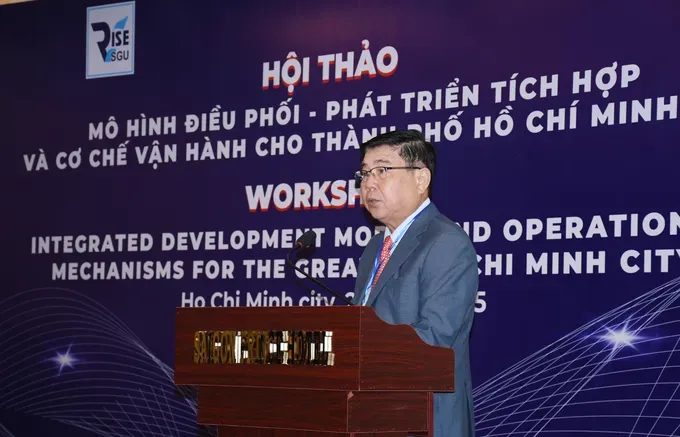
The event was jointly organized by the Research Institute for Socio-Economic Development (RISE) at Saigon University, in collaboration with the Konrad Adenauer Stiftung (KAS), a German political foundation.
At the workshop, Dr. Nguyen Thanh Phong, Chairman of the Scientific Council of the Research Institute for Socio-Economic Development at Saigon University and former Chairman of the Ho Chi Minh City People’s Committee, described post-merger Ho Chi Minh City as an “integrated megacity” functioning as a unified entity. However, he noted that within its expanded development space, management thinking remains heavily administrative and fragmented by sector and level.
Dr. Nguyen Thanh Phong emphasized that to realize this model, Ho Chi Minh City must establish a robust, coordinated institutional framework based on three main pillars. This framework should ensure strategic unity in development without the need for additional intermediate administrative layers.
Dr. Tran The Luu from Saigon University emphasized that the value of institutional design and operational frameworks lies not in authority, but in mindset. He suggested that post-merger Ho Chi Minh City requires mechanisms to address bottlenecks in reorganizing executive capacities and coordination systems. According to him, an institutional model only holds real value if it can adapt, respond, and learn throughout the process of practical implementation.

